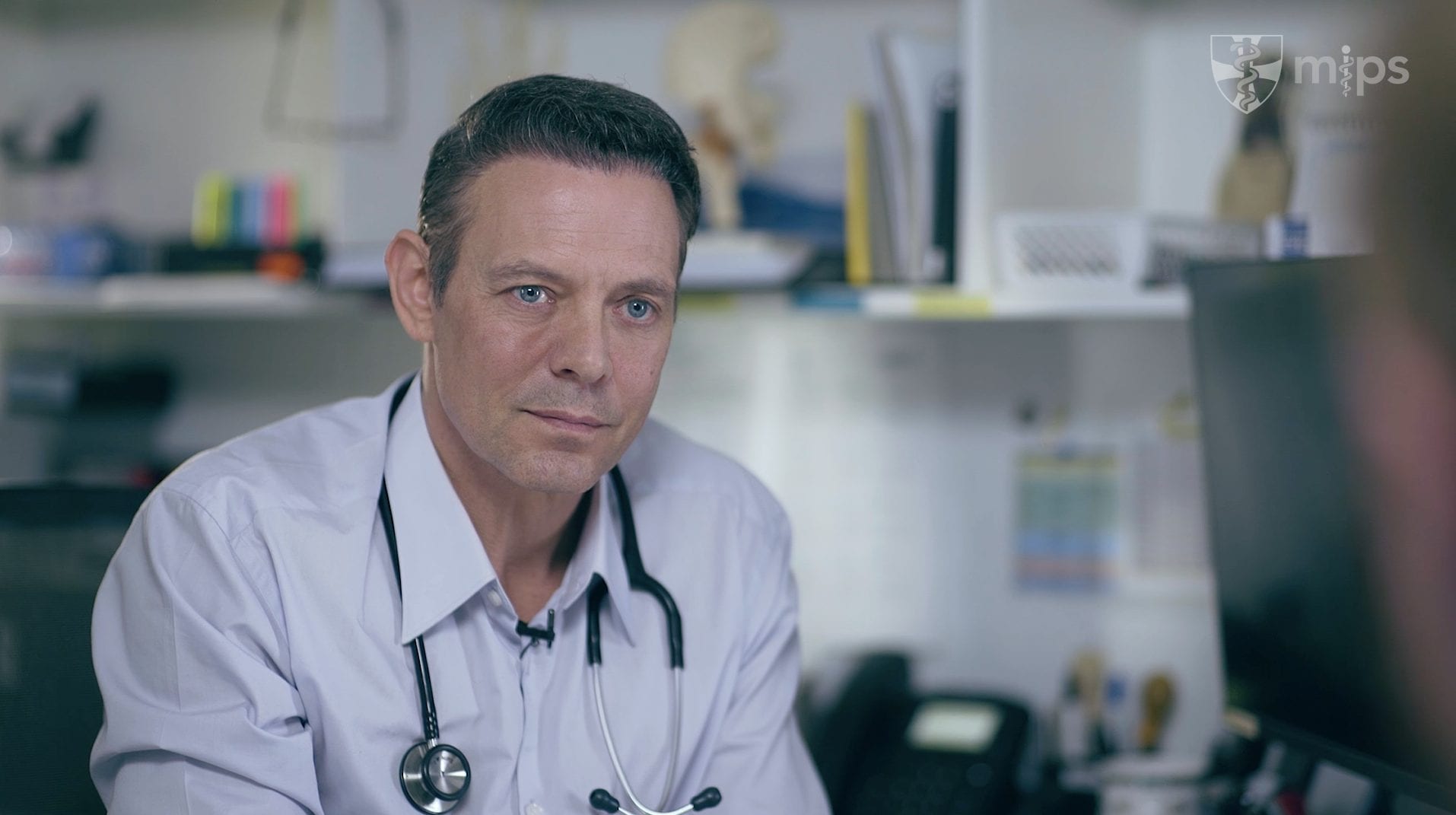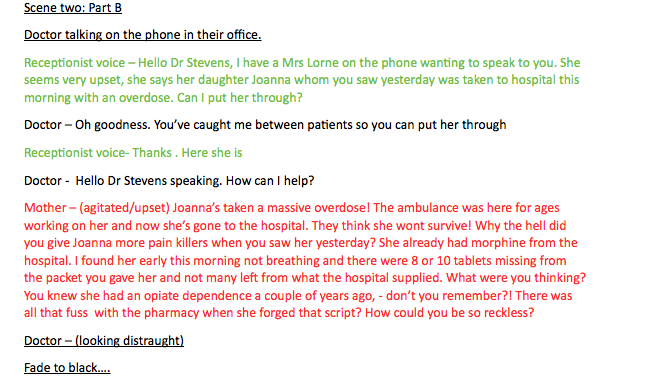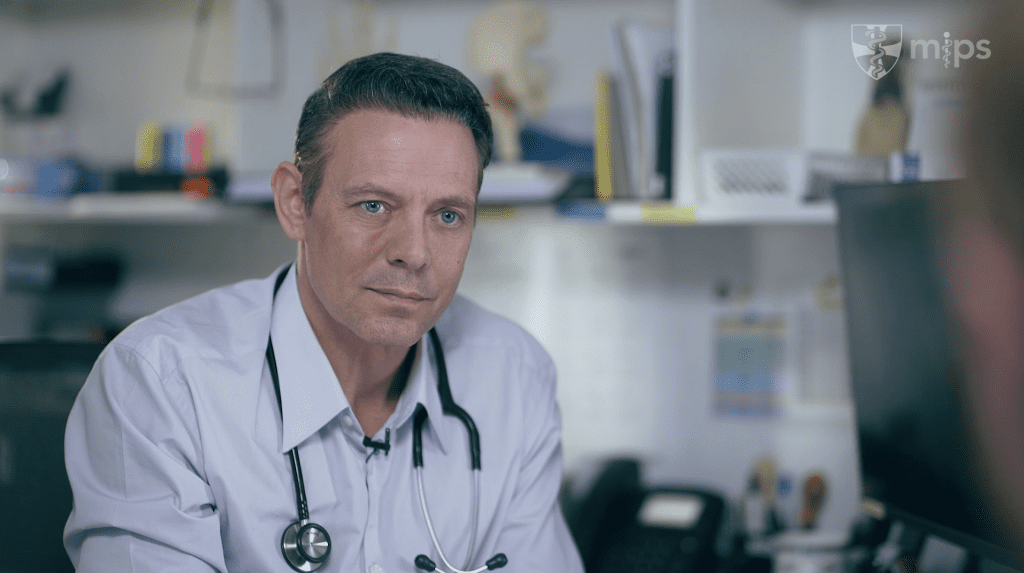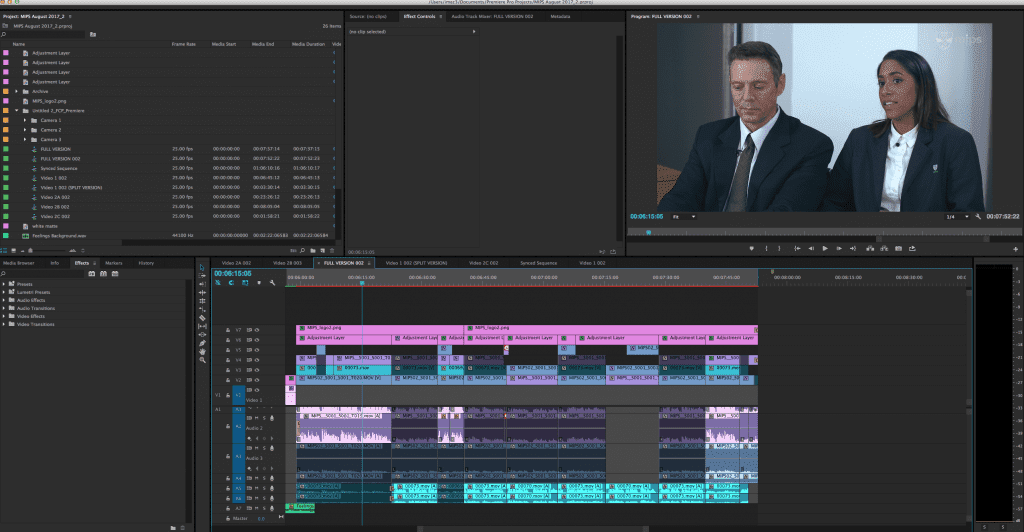Project: Training and role-play video series for medical practitioners
Client: MIPS (Medical Indemnity Protection Society)
Purpose: To create realistic patient interaction scenarios that support education and professional development for doctors.
MIPS (Medical Indemnity Protection Society), approached us to produce a series of four role-play healthcare videos in Melbourne. The aim was to create realistic scenarios based on challenges commonly faced in clinical practice, specifically around prescribing opiates and responding to difficult patient interactions.
The videos are now used as a training resource to help doctors recognise risks, communicate clearly and manage sensitive situations with confidence.
 Project Objective
Project Objective
MIPS provided real case examples as the foundation for the scripts. The goal was to bring these situations to life in a way that felt authentic to medical professionals, with natural dialogue and realistic behaviour from both doctors and patients.
Our role was to guide the scripting, casting, production and post-production to ensure the final videos were accurate, relatable and suitable for ongoing training use.
Script Development
MIPS supplied initial scenario outlines and core messages that needed to be included. We developed these into full scripts, focusing on:
• Natural, conversational dialogue
• Realistic emotional responses
• Clarity in the doctor’s decision-making process
• Avoiding oversimplified or theatrical behaviour
The aim was to create situations that felt familiar to clinicians, rather than staged scenes.
Casting and Preparation
There were six roles across the four videos, including one doctor who appeared in every scenario. Casting was critical. We reviewed applications and showreels from a large pool of actors, selecting those who matched both the brief and the tone required.
To ensure authenticity, we discussed character behaviour and medical context with MIPS and refined characters based on their feedback. Once casting was approved, we scheduled rehearsals and coordinated call times for each actor.
Filming
Filming took place at the MIPS offices in Collins Street, Melbourne. Using the consulting rooms and meeting spaces helped maintain a realistic environment for the scenarios. We filmed with three cameras to capture multiple angles and provide flexibility in the edit.
The focus during production was on:
• Accurate representation of clinical interactions
• Consistent emotional tone
• Clear communication between actors and advisors on set
• Keeping the scenes grounded and believable
We also allowed time for actors to rehearse together on the day to establish genuine interaction.
Post-Production
After filming, we backed up and organised all footage and began the assembly edit. With multiple camera angles and several strong takes for each scene, careful review was needed. Notes taken during filming helped streamline the selection process.
Once the first edits were completed, we worked through feedback from MIPS to refine structure and timing. Final steps included:
• Colour grading
• Audio balancing and sound design
• Graphic titling
• Consistency checks across the series
Outcome
The finished videos provide medical practitioners with realistic, practical training scenarios. They help doctors prepare for sensitive or pressured conversations and support professional development in a way that is relatable and grounded in real experience.
These videos continue to be used as part of MIPS’ training and education materials. View one of the videos below:
Get in Touch
If your organisation requires training or role-play videos designed for healthcare settings, we produce content that is accurate, respectful and suitable for clinical environments.
Call us on 03 8678 0316 or send an enquiry through the website.
get in touch with Dream Engine today.
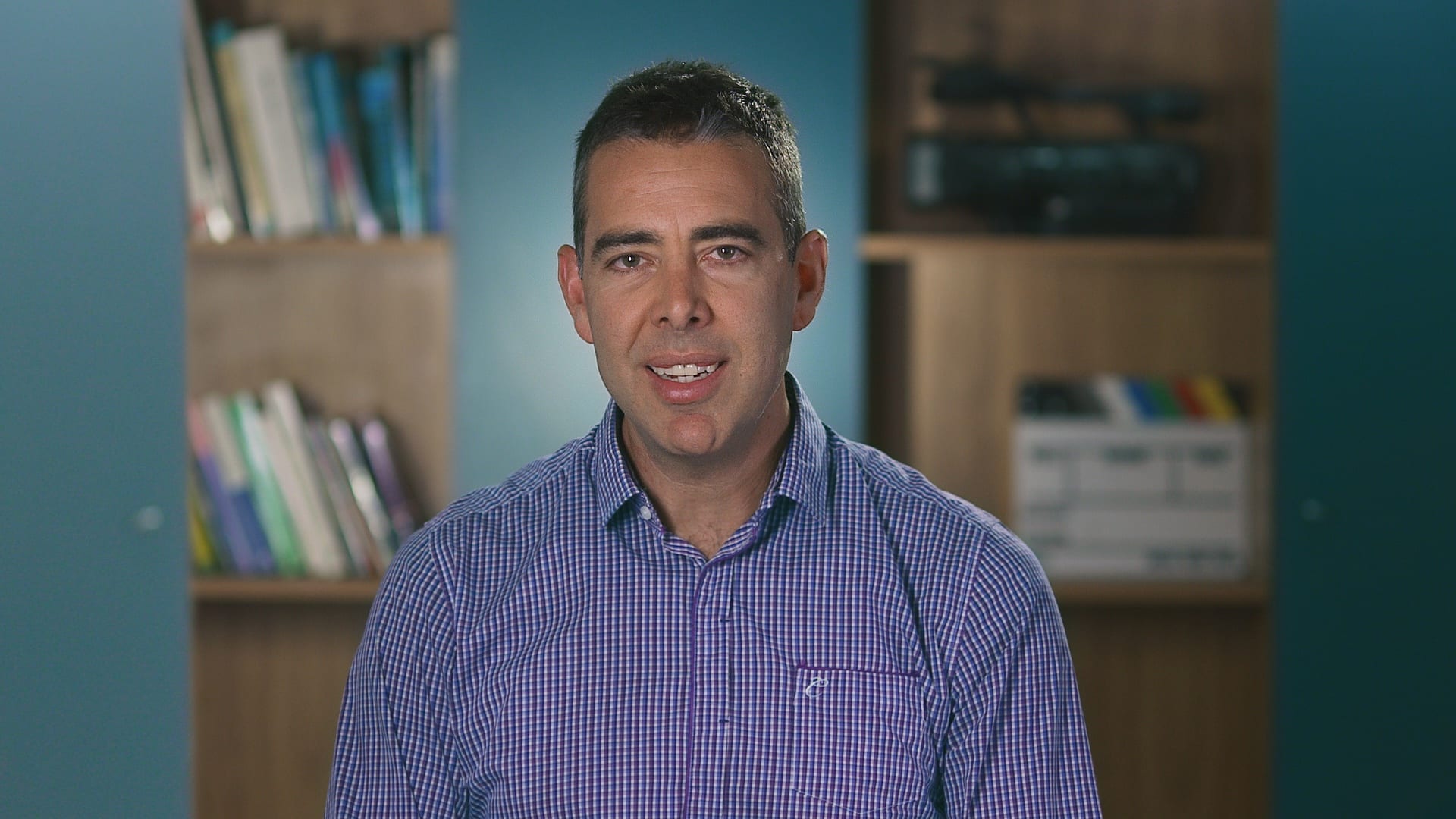
Ryan Spanger is the founder and managing director of Dream Engine, a Melbourne-based video production company established in 2002. With more than two decades of experience, Ryan has helped leading Australian businesses, government departments, and non-profits communicate their message with clarity and impact through video. He’s known for his strategic approach, reliable process, and commitment to producing videos that deliver measurable results.
